Invasive Species Week
Invasive Species Week falls between 24-30 May 2021
INVASIVE SPECIES WEEK:
From 24-30 May is the sixth annual Invasive Species Week, led by APHA’s GB Non-native Species Secretariat (NNSS).
#INNSweek
What are invasive non-native species?
Over 2,000 plants and animals have been introduced to Britain from all over the world by people. These are known as non-native species. Most are harmless, but 10-15% spread and become invasive non-native species which can harm:
The economy
Invasive species cost the British economy over £1.7 billion a year. Costs include damage to buildings and infrastructure, interference with the production of food and materials, delays to work, costly controls of established invasive species.
Our health and quality of life
Some are irritants of our skin or respiratory system, cause road traffic accidents, or are pests in our homes. Others increase our risk of being flooded, or prevent us from enjoying recreational spaces and activities such as kayaking and fishing.
Image of floating pennywort in a canal with a houseboat floating in the middle of it.
Floating pennywort can grow 20 cm a day and quickly blocks waterbodies
Wildlife and the environment
Invasive species are one of the top five causes of biodiversity loss worldwide. In Britain they harm native wildlife by damaging habitat, preying on or out-competing other animals and plants, and spreading disease. Their impacts are felt across a range of important environments and can affect important ecological processes such as the formation of peat, a vital carbon store, and the overall health of the environment.
Invasive species reduce the ability of native wildlife to cope with other environmental pressures such as climate change and habitat loss. These pressures can also make it easier for invasive species to establish.
More information is available in the video below:
What can I do to help?
There are five simple things that everyone can do to help protect the environment:
Keep any boats, clothing, footwear and equipment used in water free of invasive species – remember to Check Clean Dry after use. It is important to follow a good biosecurity routine when you are working outdoors too.
Be Plant Wise and do not let your garden, pond or aquarium plants enter the wild.
Take care of your pets, never release them or allow them to escape into the wild. It is cruel and could harm other wildlife.
Look out for Asian hornet and other alert species. Read more on Asian hornet and how to report sightings, and download the Asian Hornet Watch app. Free identification sheets are available to help you.
If you enjoy being outside why not join a Local Action Group working on invasive species management? You could get your team together and use your volunteering days to help. Look out for details of a new initiative, launching Tuesday, to help tackle floating pennywort across the country.
If you are interested to learn more about how you can help, join one of the free webinars this week. If you miss out, you can catch up online.

